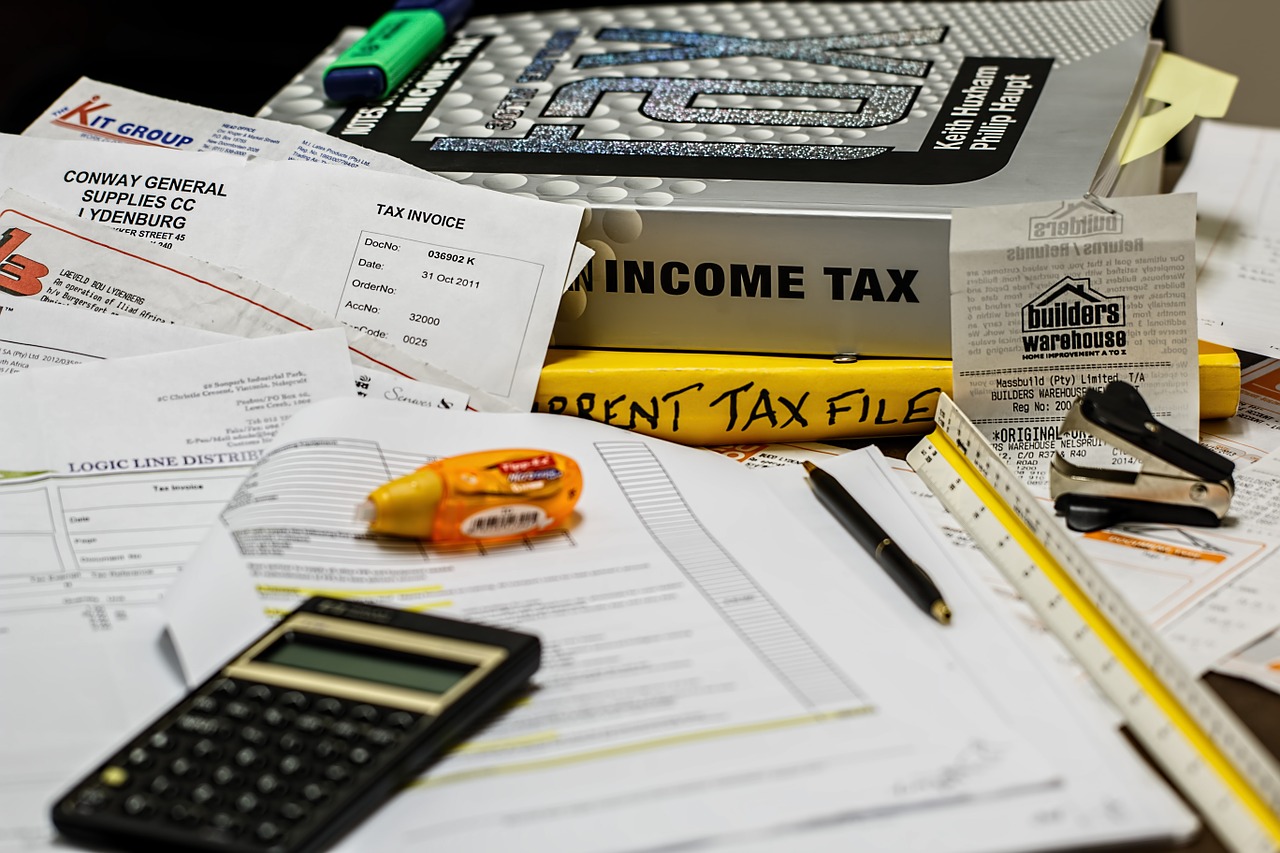As the deadline for submitting self-assessment tax returns looms, tax specialist at Perrys Chartered Accountants, Craig Harman, takes a look at some of the worst excuses for late submissions and offers his advice for making sure your paperwork is prepared in time.
As any accountant will no doubt tell you, January is often fraught with a flurry of last minute struggles to submit self-assessment paperwork in time for the HMRC deadline, which falls on the 31st of the month.
In the event the deadline is missed, unless there’s a genuine and ‘reasonable excuse’ for tardiness, HMRC will issue an automatic £100 fine – even if no tax is owed. It also has the power to issue additional penalties after three, six and 12 months if the return still fails to be filed. Furthermore, HMRC could whack you with extra fines and add on late payment charges and interest to any liability not paid by the due date. All of which can cause ‘self-assessment insanity’ if you don’t have the right assistance.
So it’s not surprising that, given the potential penalties, some of the past excuses for missing the deadline have been rather inventive to say the least. Here are the top five worst excuses issued to HMRC in 2017 …
- My tax return was on my yacht, which caught fire.
- My wife helps me with my tax return, but she had a headache for ten days.
- My dog ate my tax return, and all of the reminders.
- The postman doesn’t deliver to my house.
- My colleague borrowed my tax return to photocopy it and lost it.
Of course, none of these excuses were upheld. To avoid paying fines, naturally the best policy is to be prepared well in advance. However, here are some other tips for making sure you don’t face a filing fallout!
Know your numbers
It’s no good guestimating and hoping for the best. Make sure you have all your paperwork to hand, including invoices, receipts, pay slips and bank statements, and understand your ‘allowable expenses’ and what is and isn’t tax deductable. If in doubt, refer to HMRC’s self-assessment help page.
Nothing to declare?
You will have to report all your earnings from the previous tax year including income from any employment, property, and interest and gains on savings and investments. Don’t forget to include any workings out for Capital Gains Tax.
Get the right help
If you are unsure whether you need to file a tax return, or you really don’t understand what it is you need to do or are having trouble completing the forms, call in the professionals. A good accountant will ensure that nothing is missed and will take all the stress out of the process.
Don’t forget to pay
Once you’ve submitted your tax return, don’t forget to pay anything you owe. The payment dates are 31 January for any tax owed for the previous tax year and first advance payments on account and 31 July for your second payment on account.

